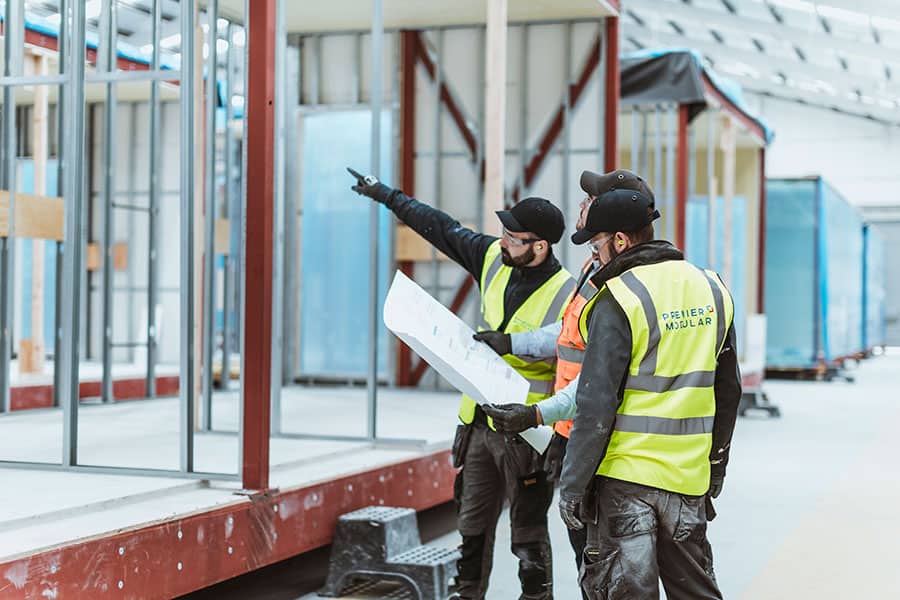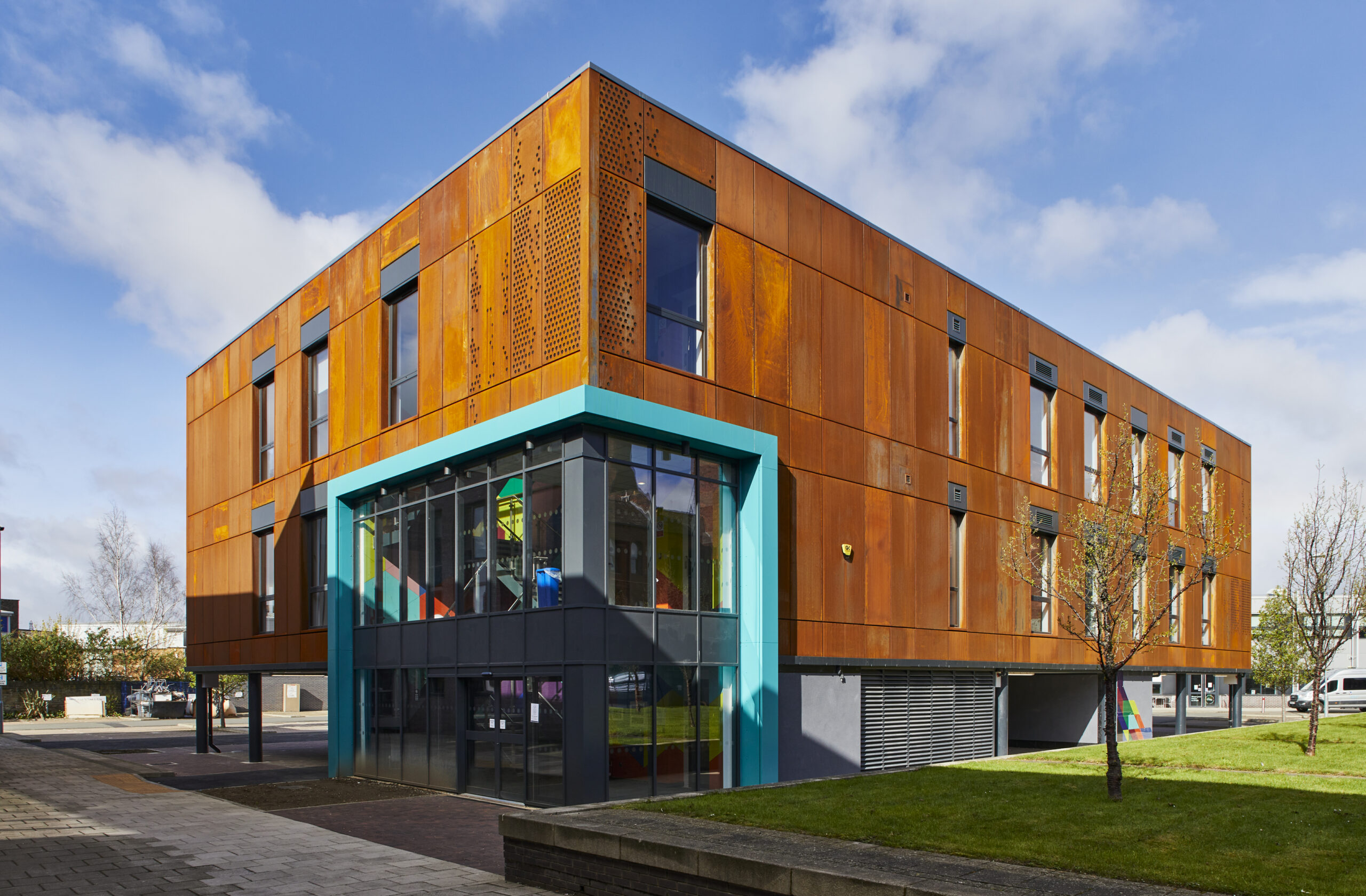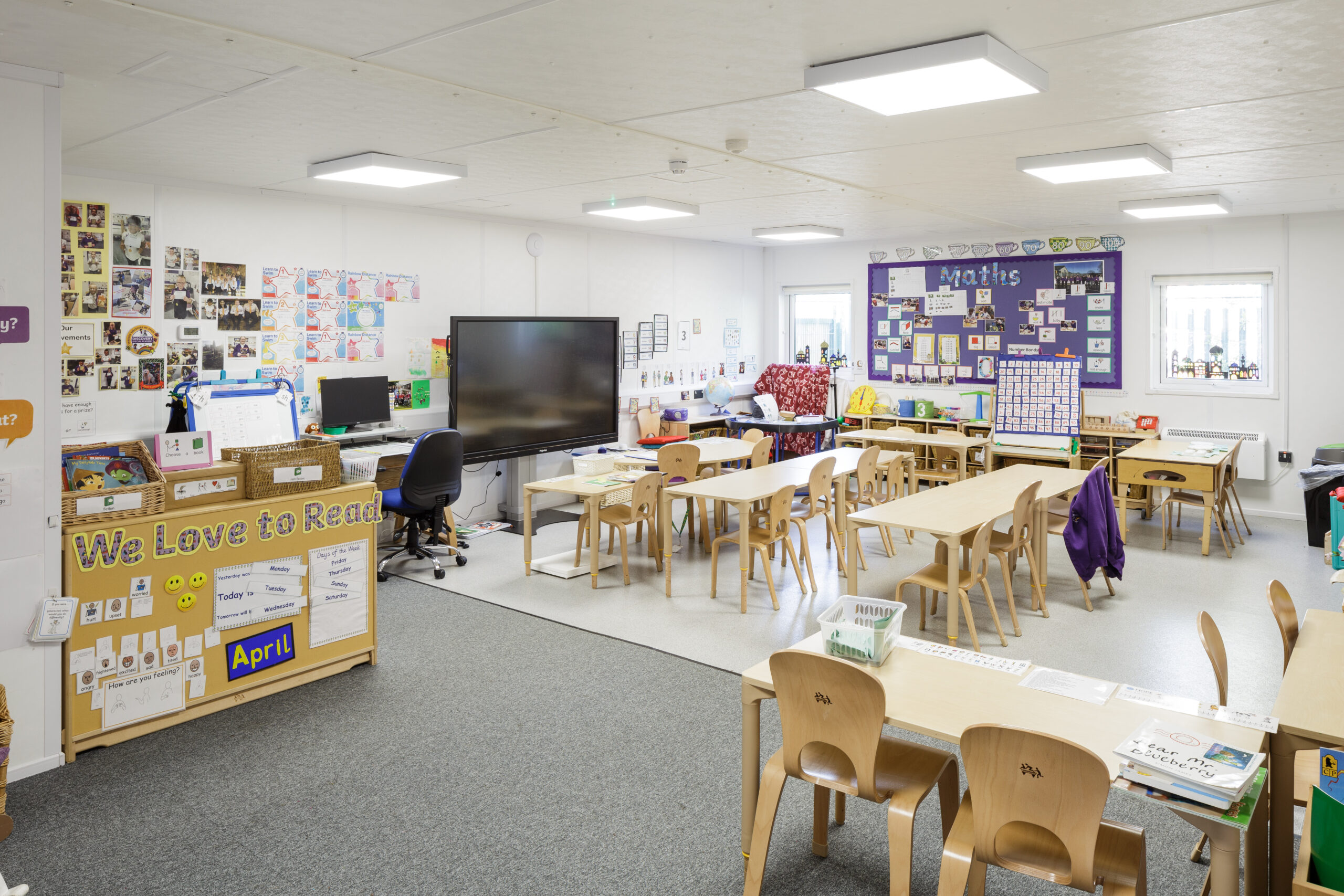Decreasing activity in residential construction, the decline in traditional skilled labour and the looming retirement crisis are all having a significant impact on the construction industry’s economy. The latter in particular is fuelling labour inflation, with one in five builders currently aged 50 or over.
In tandem with the growing cost of materials and continued supply chain struggles, these challenges are stalling traditional construction programmes and leaving many clients waiting months or years for projects to be completed. With the UK once more at risk of a recession, a solution is urgently needed. Modular construction, a form of offsite construction, is a viable answer. Reliable, quick and financially flexible, modular building is fast emerging as a powerhouse, capable of reinvigorating the industry’s economy.
The current climate of delays
Programme delays have recently become synonymous with the construction industry as it battles with the implications of ongoing geopolitical events. In the past couple of years, the lead times of traditional construction programmes have often extended beyond targeted project timelines, leaving clients at a loss as they wait for new facilities to be delivered. This has been a particular problem for public sector organisations such as healthcare and educational bodies who are under significant pressure to grow quickly, often within a constrained timescale and budget.
Construction’s move toward sustainability is equally contributing to programme delays as companies juggle the delivery of projects with the pressing priorities of through life costing, reducing carbon emissions and embracing circularity.
However, for one area of the industry, hitting these objectives is more than attainable. Already ahead of the curve when it comes to sustainability and efficiency, modular construction companies are coming into their own; initiating building programmes that can be delivered in far shorter timeframes with fewer ramifications for the environment. With many organisations looking to expand sustainably, modular construction is well-placed to occupy a much larger segment of the industry’s economy.
A technological opportunity
With many limiting factors undermining the construction industry’s current outputs, it’s important that companies adopt the advanced technologies available to them. Growing accessibility to modern digital tools is unlocking opportunities for greater efficiency and accuracy when designing and producing buildings. Building Information Modelling (BIM) is a textbook example of this, as a tool that creates a three-dimensional model of a building and in doing so, facilitates coordination, reduces costs and betters risk analysis for improved productivity.
The acceleration of AI and smart construction is equally predicted to open up opportunities for optimising project deliveries. This evolving technology will help companies to glean a better understanding of construction projects by enhancing risk management and establishing more accurate timescales.
Existing technological applications that are driving efficiency in the industry are particularly evident in modular construction, where precision manufacturing is used to produce building parts that are ready for assembly. The practice uses computer-aided manufacturing systems to cut building components to the exact specifications required, minimising errors and waste for maximum efficiency. As digital manufacturing technology advances apace, the speed and accuracy modular construction affords will only increase.
Creating cost certainty
Periods of economic instability are difficult for most organisations and none more so than those in the public sector. Often balancing many priorities and limited in resources and funding, public sector organisations in areas such as healthcare or education are often up against it when it comes to viably procuring new facilities.
The financial flexibility modular construction enables is ideal in this regard, allowing such organisations to acquire buildings through a means that suits their budgets and timeframes. Available as permanent or rental solutions, modular buildings allow public sector organisations more control over their capital and operational expenditure. In turn, this gives room for buildings to be purchased outright or leased over a defined period, for a set cost, to flexibly accommodate individual needs.
Modular is the future of construction
As sustainability, speed and certainty become ever greater priorities within the construction industry, the benefits of modular building are becoming ever more attractive. The modular market is projected to be worth over $131 billion by 2030; an indication of its burgeoning value to the industry’s economy.
With external factors still slowing traditional programmes and the future remaining highly unpredictable, modular construction provides a steadfast method that will continue to deliver high quality solutions for generations to come.
Discover more about Premier Modular’s permanent and rental building solutions by exploring our previous projects.











